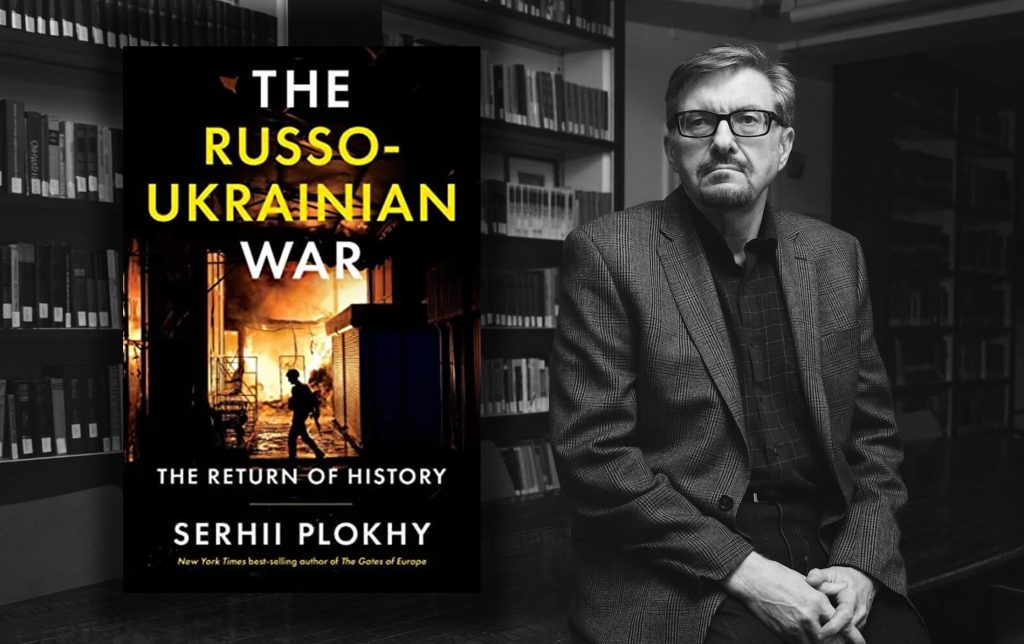Serhii Plokhy: "Not since the period of the Second World War has any war been so clear-cut not only for Ukrainians but also for the world on the whole"
The following interview with the historian Serhii Plokhy focuses on his latest book, The Russo-Ukrainian War: The Return of History, in which he reflects on the causes of the current war, its possible consequences for Ukraine and Russia, as an empire, and the geopolitical order in general. Our conversation also touches on the prospects of decolonizing Eastern European Studies, the impact of the war on historians, and how they are reinterpreting the past.
"We have an overt attack on national narratives, no matter what they are. And this is being done both by Russia and by the new post-national paradigm that comes from the West"
You begin your latest book The Russo-Ukrainian War with an account of how you found out that the war had started and how your colleagues overseas reacted. Did you and your fellow historians believe a great war was possible in Europe?
Before the start of the Russo-Ukrainian War in 2014, Timothy Snyder predicted its likelihood. Right before the full-scale military invasion, the role of "prophets" passed from historians to the U.S. and UK administrations and intelligence agencies. The possibility of a full-scale war was discussed both privately and publicly, but people somehow did not believe that events would take such a turn. Today, when we look at the mood before the beginning of the full-scale war, it is clear that we were seeing certain signs of its inevitability (I, for one) but didn't want to believe it. I think there was a general atmosphere that the world we had known since the fall of the Berlin Wall, a phenomenon that Francis Fukuyama called "the end of history," remained unchanged. Humanity seemed to have reached a stage of development where the page of history describing unprovoked wars and great wars in general had been turned over. At least, one wanted to believe it was true.
As for me, I predicted that a war was possible, but everything pointed to a continuation of the 2014–2015 hostilities in eastern Ukraine. That is why this great war was a big shock. In examining these events in my book, I can trace how the war approached and what increased the chances of it happening. But until the war actually began, for the most part, many of us did not see anything or simply refused to see.
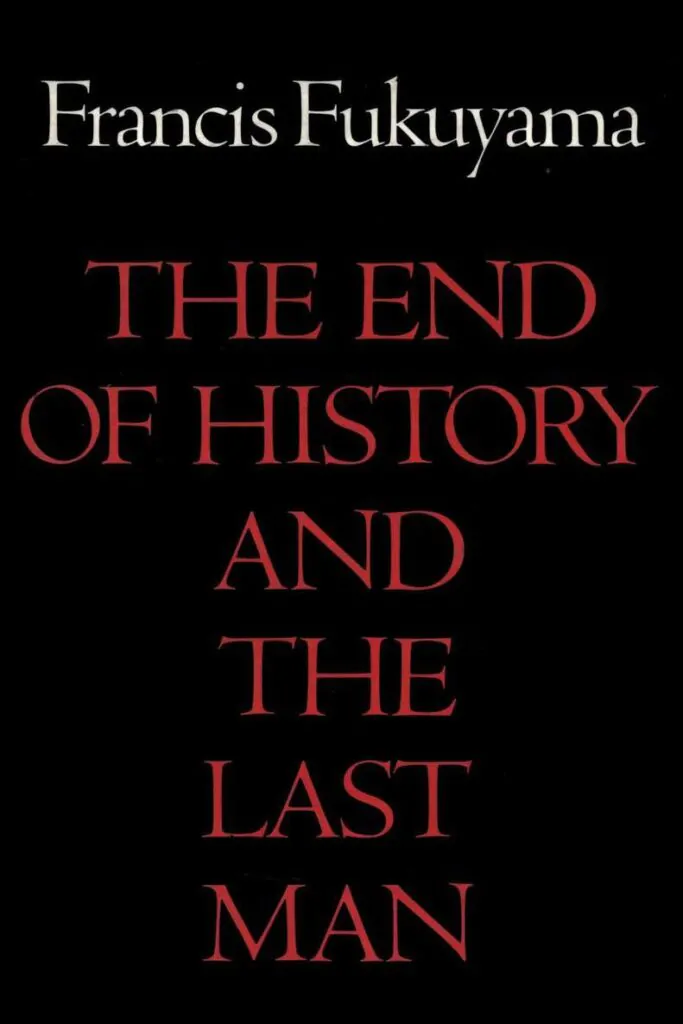 In your book, you seek to pinpoint the causes of the current war in the history of nineteenth- and twentieth-century Russian imperialism. How does this approach help you understand the war’s events and the continuity of Russian imperialism?
In your book, you seek to pinpoint the causes of the current war in the history of nineteenth- and twentieth-century Russian imperialism. How does this approach help you understand the war’s events and the continuity of Russian imperialism?
This is one of the approaches that I apply. Of course, I also look at the preconditions and factors that were at play after 1991. But the imperial, colonial framework is the most important one. In other words, I look at this war in the context of many others that accompanied imperial collapses. I look at it not just in the context of the fall of the Soviet Union (although this is the closest and crucial context) but also from the perspective of the collapse of the Russian Empire, which began in 1917 during the First World War. This contextual framework is the broadest. It helps me immensely to not only understand some elements of this war but also carry out a comparative analysis of similar wars in the world in the last two hundred years.
One of the reasons to apply this framework is found in the speeches of Putin himself because he actually justifies the war by referring to elements of Russian imperialist ideology and historiography. The argument that Russians and Ukrainians are one people, i.e., that Ukrainians are not a separate people, dates back to the historiography of imperial Russia in the nineteenth–early twentieth centuries. Many other of Putin's ideas can be traced to this period. This not only justifies the application of imperial framework but also goes a long way toward explaining the Russian motifs of this war and understanding its causes.
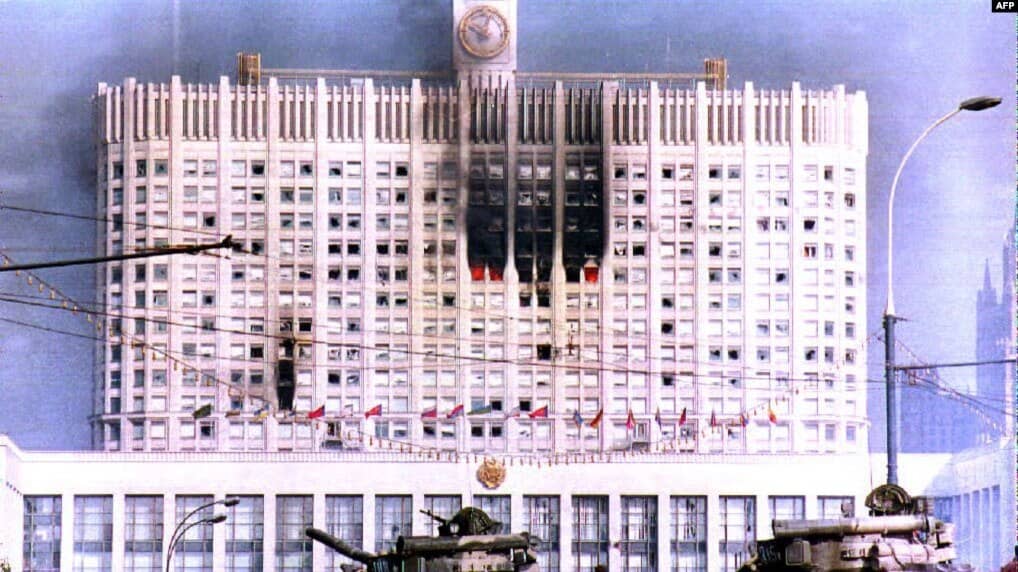
How do the current approaches to interpreting history influence the construction of the Russian imperial paradigm?
Take another look at Putin's article and speeches, and you'll see that what he is using are not any new finds, discoveries, and interpretations within the framework of history but old approaches dating to the Russian Empire. They do not resonate in the Western world in any significant way. Meanwhile, the negation of any versions of national history, something that is found in the Western intellectual milieu, helps not so much to restore imperial narratives as to spark interest in the empire and legitimize it, in a way. I would not say that some kind of historiographic debate is taking place along those lines and that Putin's ideas in this regard are being perceived in a better light. But, on the other hand, we have an overt attack on national narratives, whatever they may be. And this is happening on the part of both Russia (the old Russian imperial interpretation) and the new post-national paradigm from the West.
"If you look at certain iconic moments, it is difficult to find a more symbolic event in this history than the tanks shelling the Russian parliament in the fall of 1993"
What role can an obsession with the history of the Second World War and the distortion of the history of Nazism and the Holocaust play in constructing the Russian imperial paradigm?
The Russian side utilizes not only imperial narratives but also Soviet ones. I am talking about the portrayal of Ukraine as an antisemitic country and one that needs to be freed of Nazi control. Until 24 February 2022, these statements resonated with narratives popular in the West. However, with the beginning of the full-scale invasion, what became apparent was the obvious absurdity of such accusations against probably the only state in the world (excluding Israel) where the democratically elected president was of Jewish origin. The topic of genocide was voiced by Putin both before and after the full-scale war, when he declared that a genocide was taking place against his imaginary "people of the Donbas." In other words, the themes of antisemitism, nationalism, and genocide became part of the propaganda accompanying this war. In this case, I am talking more about politics than the work of historians or intellectuals.
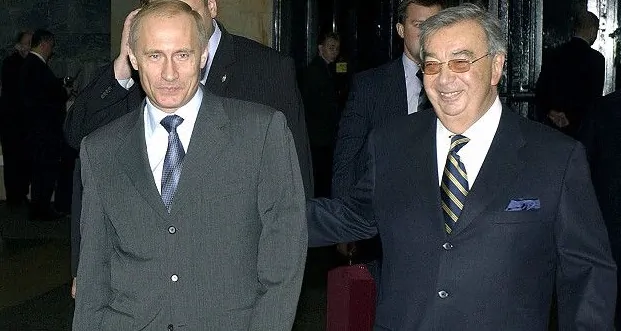
Do you think there was a certain turning point most Western countries missed in Russia's imperial policies, starting from the 1990s? Did Russia have a chance to set out on a different, more democratic path of development and construction of a national state (not an empire)?
In the late 1980s–early 1990s, Russia was a kind of beacon of democracy and democratic development in the Soviet Union, especially in comparison with more conservative republics at the time. I mean not just the countries of Central Asia but also Belarus and Ukraine, where the old party apparatus held power for a very long time. From this standpoint, there were great hopes regarding Russia’s rapid democratic transformation. Boris Yeltsin and his milieu positioned themselves as representatives of the democratic wing and possessed a certain collection of ideas about creating a new Russian political nation. These chances for a transformation dissipated over the next few years, perhaps even months.
Looking back through today's lens, it is evident that those expectations were unrealistic and illusory. They were based on the idea that history is of little value and that communism captured essentially democratic societies and countries and turned them temporarily totalitarian. Take away communism, and democracy will return and blossom. In other words, this model comes from Eastern Europe at the time (today: Central Europe), but it was also applied to Russia and the USSR. Today, it is an unmistakable fact that miracles don't happen, and the history of existence without democratic traditions and institutions is a crucial factor that does not contribute to the building of democracy. From this perspective, the theory of a certain watershed moment that was supposedly overlooked looks doubtful.
I am more skeptical about such declarations today, although I don't deny the idea that Russia may change. But I reject the possibility of rapid revolutionary transformations; they will take place very gradually. If we look at certain iconic moments, it is difficult to find a more symbolic event in this history than those tanks shelling the Russian parliament in the fall of 1993 on orders from Yeltsin, the same person who two years earlier had defended that same parliament under the banner of democracy.
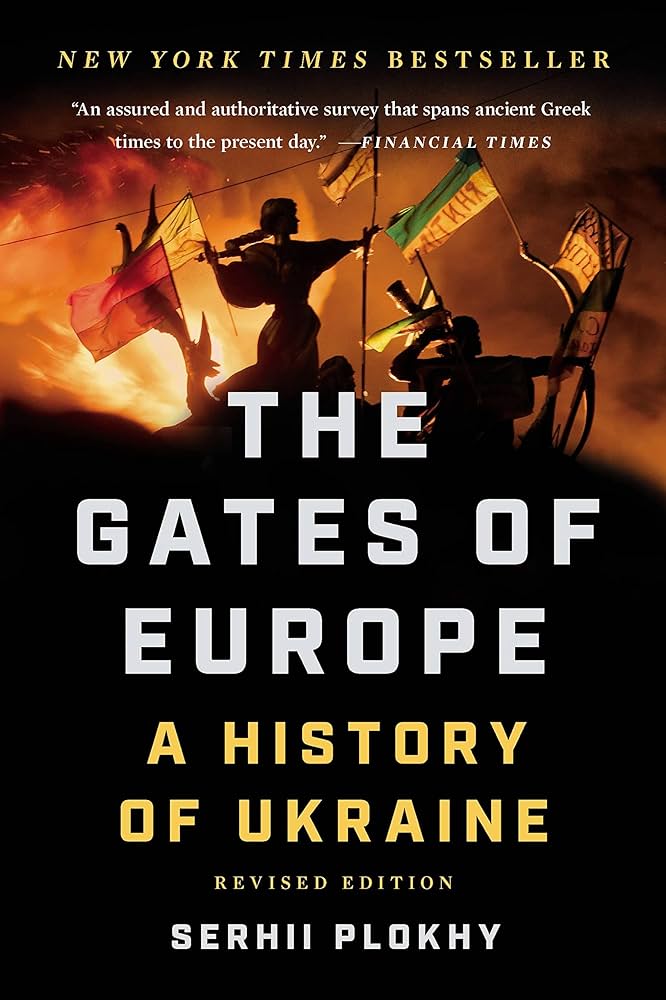 Is Russia's development beyond the imperial paradigm possible?
Is Russia's development beyond the imperial paradigm possible?
I am convinced that a rapid change of the social system is impossible, but I believe that Russia, like any other society, may be transformed and is transforming. Transformation does not happen in a short span of time. A real transformation of social relations takes longer. The only exception is countries occupied for many years, like Japan and West Germany. But countries that, in the wake of defeats, are left to their own devices, so to speak, set out on the path of revanchism, like Germany after the First World War and Russia as the center of the Soviet Union after it lost the Cold War.
"Similar wars culminate in the collapse of empires and the creation, legitimization, and strengthening of the states that rise from their ruins"
What scenarios for ending the war do you see?
The most likely scenario, which emerged after the first few weeks of the war, is that Ukraine survives and continues to develop as a separate state and independent nation. Furthermore, Ukraine will continue along its path to integration into Western structures. This process has already begun and has accelerated with the war. In the medium- and long-term perspective, Ukrainian statehood and national self-awareness will be preserved and strengthened.
This is the most likely scenario. Moreover, it also fits best into the broad conceptual framework that we discussed earlier and which I use in my book. In other words, this is a framework of imperial and colonial wars. It is generally known that such wars end with the collapse of empires and the creation, legitimization, and strengthening of the states that emerge from their ruins. If we look at the current political map of the world, we realize that the majority of today's states did not yet exist in 1914. This is the general direction of historical processes over the last two hundred years.
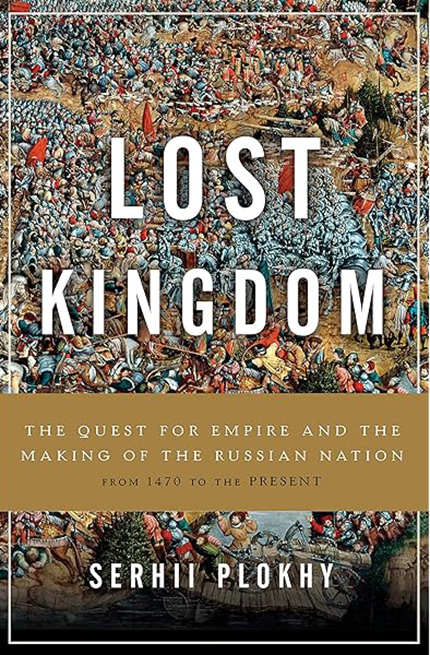 How has the Russo-Ukrainian War affected the Western democracies and their geopolitical strategies?
How has the Russo-Ukrainian War affected the Western democracies and their geopolitical strategies?
In my opinion, Western democracies are on the same trajectory that they were on in the 1930s. For a long time, the policy of appeasement was being pursued; we can see absolute parallels with the policy of the 1930s. At the time, Western states perceived the Anschluss as a semi-legitimate measure, just like Putin's annexation of the Crimea was viewed. This approach makes it possible to delay war and offer concessions to the aggressors, hoping that a larger conflict will not occur. But at a certain stage, there comes a turning moment. In the 1930s, it came as Adolf Hitler and the German tanks entered Prague. In the case of Ukraine, this did not happen, thank God; Russian tanks did not enter Kyiv. But they came close, and this moment became a turning point to a certain extent.
This led to the rebuilding of connections that had existed during the Cold War. The so-called transatlantic alliance between the United States and Europe, which experienced a severe crisis after the Cold War and especially during the Trump presidency, was revitalized. By the end of last summer, Germany and France, which had tried initially to act as intermediaries and stand over the battle, fully joined this coalition on the level of discourse and financially, militarily, and ideologically. Today, this coalition is stronger than it was during the Cold War because it now includes the countries of the former Eastern Europe and the Baltic republics, which were once part of the Soviet Union. The unity that the West is demonstrating today pertains not only to policies toward Russia but also to China, and this, too, is a phenomenon with certain elements of unity from the Cold War era.
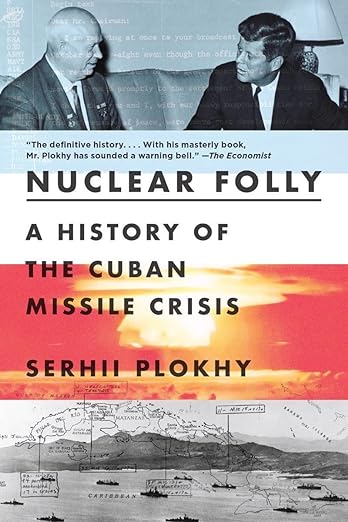 What might the new world order look like after the conclusion of the Russo-Ukrainian War?
What might the new world order look like after the conclusion of the Russo-Ukrainian War?
At one time, Yevgeny Primakov, former advisor to Mikhail Gorbachev and, later, Prime Minister of the Russian Federation, noted that when the Cold War ended, a unipolar, Americentric world took shape. This state of affairs did not please Russia. The Russian model became the idea of a multipolar world, and the goal of achieving it remains operative to the present day. Lavrov raised this issue not long ago during a meeting with African leaders. According to a plan formulated by the Russian political elites, Russia should become one of the poles in the contemporary world. However, they realized that Russia could become such a pole and compete with the EU and China only if it restored the resources of the former Soviet Union. Therefore, it is extremely important for Russia to have control of Ukraine, the second-largest former Soviet republic in terms of the economy and population. For this reason, one of the dimensions of this war is Russia's struggle for a multipolar world, in which it is one of the poles and controls the post-Soviet space as its sphere of influence in the form of the Eurasian Union.
This did not happen, and Russia is much weaker today than at the beginning of the war. The recent putsch we observed is in no way a sign of the country's strength. In fact, what happened was a disseverance, at least for a while, from the idea that Russia could truly be one of the poles of power in a multipolar world. Instead, this state is becoming increasingly dependent on China. Right now, the latter is truly one of the poles in the bipolar economic world, and it is assuming greater importance as a political and military power. So, this war that began from the idea of a multipolar world is nudging humanity toward the bipolar divisions of the Cold War period. The revival of the Euro-Atlantic alliance attests to the strengthening of the Western pole, and the war against Ukraine is clearly contributing to Russia's rapprochement with China.
"Now I have a better understanding of the trauma of war and the status of an exile"
How has this war affected your reinterpretation of the past? Has it changed something in your approaches to historical interpretation?
I decided I had to write about this war a few weeks after it began, but I was writing about it, using certain approaches I had formulated even before it started. As a historian, this war has clearly given me a much better understanding of the many processes and phenomena connected with the history of the twentieth century. Right now, I am looking at some of my earlier works. The words I wrote seem correct, but a complete understanding of events and processes, including the emotional one, is coming only now. In other words, I have a fuller picture of how the war was fought by the Soviet Union and the Red Army and of the value of life in the Russian and Soviet political culture, including that of its own soldiers, not to mention the civilian population. All doubts as to the crimes of the Red Army against the civilian population not only of Germany but also of Eastern Europe and Ukraine have disappeared.
Moreover, you look a bit differently at your predecessors, who created the Ukrainian diaspora and Ukrainian Studies in the West. Now, I have a better understanding of the trauma of war and the status of a refugee. So, the history of the twentieth century has acquired the properties of something more understandable and emotionally close to me.
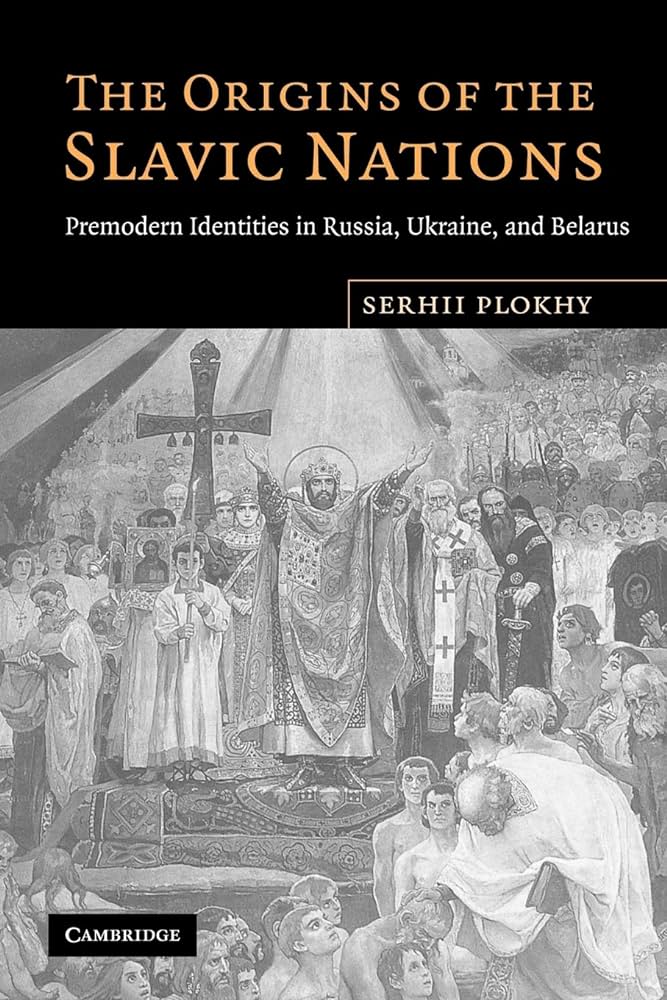 What role can historians play in wartime conditions? What advice would you give them?
What role can historians play in wartime conditions? What advice would you give them?
War shifts accents, and many things became more intelligible. Not since the period of the Second World War has any war been so clear-cut morally, not only for Ukrainians but also for the world on the whole. In the context of moral choice, it offers a very specific understanding of who the aggressor is and who — the victim, who is on the side of democracy, and who supports authoritarianism. It becomes patently obvious where death and threats are coming from. This cannot fail to leave a mark on the choice of topic and how academics write about war and peace. This is a political plus. But when we talk about writing the history of war, inevitable simplification — black-and-white polarity — also emerges. So, there will be a clear turn, particularly in Ukrainian historiography, regarding the choice of topics and approaches, regarding the language of writing. I mean not only the choice of language (Ukrainian, Russian, or English) but also the increasingly categorical nature of many conclusions.
As for historiography in general, I think certain changes will take place in Ukraine and elsewhere. The Second World War was a privileged research period among Ukrainian historians. It would be difficult to find another five- or six-year period, like 1939–1945, that received so much attention and had so many publications devoted to it. But I think the bulk of questions connected with the new war will be at the forefront from now on. More attention will be paid to economic and social history during wartime, etc. Foreign policy and crimes will be researched, as well as the impact of war on society. What is happening right now is also the formation of a new quality of Ukrainian society and identity and the reappraisal of ideas about global security. However, we still cannot fully research the phenomena and processes taking place before our very eyes. We do not possess adequate instruments for this; even sociologists say that measuring public opinion in wartime does not meet certain standards. But there is a lot of work for historians now and in the future.
"We have the task of restoring what existed earlier and what has practically vanished today, namely Slavic departments, which were turned into Russian departments or integrated into departments of Modern Languages and Cultures"
What are your predictions for the situation surrounding the decolonization of the academic study of Eastern Europe due to the war?
The decolonization of narratives is the main topic of the next meeting of the Association for Slavic, East European, and Eurasian Studies, which will take place in the United States. When we talk about decolonization, we mean Russian or Russocentric studies and approaches. In this sense, Russian, Soviet, and East European Studies are trying to catch up to processes that took place after the decolonization of the 1960s in the historical narratives of the Western empires: British and French. This process entails rewriting the histories of the empires "from below," from the perspective of the peoples and social groups on the lower rungs of the hierarchy. I think this process will only gain momentum.
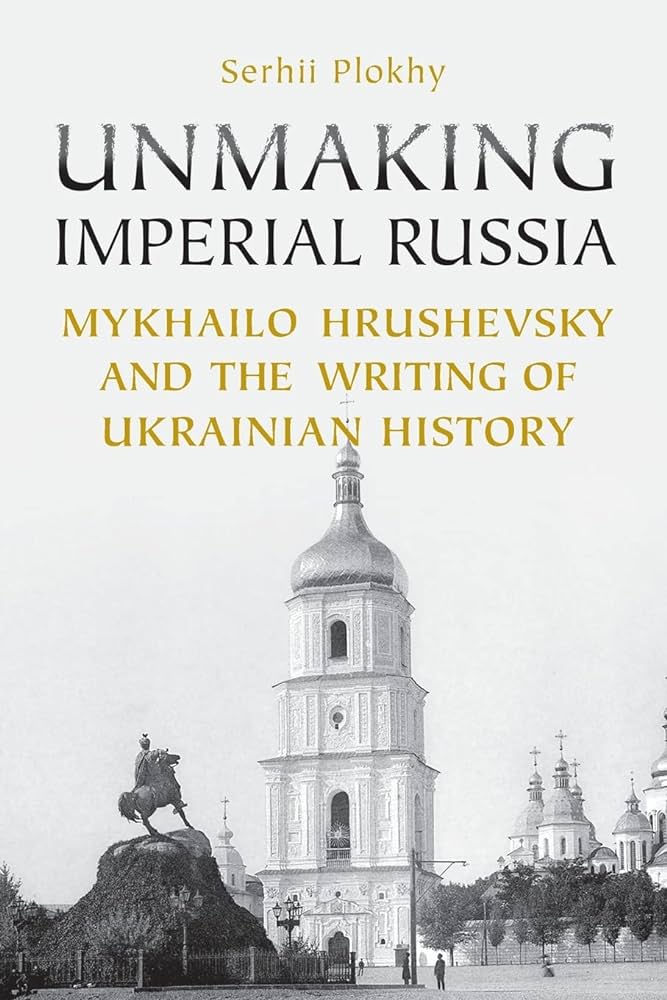 Considerable attention was devoted to the nationalities in the Russian Empire and the Soviet Union after 1991. But that body of research viewed various national and cultural groups and their movements mainly from the perspective of the center because the main focus was still the study, for example, of the Soviet nationality policy on the whole. Therefore, the rewriting of Soviet or Russian imperial history from the perspective of Ukrainians, Georgians, and other ethnic and religious groups should be taking place right now. I believe it will happen also partly because this trend is in unison with what is going on in the historiography of other imperial and postimperial territories.
Considerable attention was devoted to the nationalities in the Russian Empire and the Soviet Union after 1991. But that body of research viewed various national and cultural groups and their movements mainly from the perspective of the center because the main focus was still the study, for example, of the Soviet nationality policy on the whole. Therefore, the rewriting of Soviet or Russian imperial history from the perspective of Ukrainians, Georgians, and other ethnic and religious groups should be taking place right now. I believe it will happen also partly because this trend is in unison with what is going on in the historiography of other imperial and postimperial territories.
This makes certain requirements of Ukrainian Studies. The decentralization and decommunization of Russian or Eurasian Studies can take place only by bolstering the perspectives of non-imperial groups, and the Ukrainian one is among the largest in this regard. The success of decentralization or decolonization will also depend on the degree to which Ukrainian historians are integrated into these processes and the extent to which they will participate in such discussions. It is also crucial for Ukraine to develop a new perspective of what the empire and the Soviet Union mean to us, where National Communism of the 1920s and 1930s is positioned, and what to do with it. In other words, there are many questions, and we have to take a fresh look at them, including in the context of the current war.
As for certain structural changes, I think that a lot will depend on the specific country. In Germany, the question of which departments universities should have is decided on the governmental level, and financing comes from the government. For example, in the United States or Canada, much depends on whether there are students and whether they enroll in certain courses. Depending on this, teaching and research positions are allotted. Therefore, we have the task of restoring what existed earlier and what has practically vanished today, namely Slavic departments, which were turned into Russian departments or integrated into departments of Modern Languages and Cultures, and the like. Whether this can be implemented will depend not only on the quality of the discussion and the arguments within the expert milieu but also on how many students in North America register for courses that are not Russian or Russocentric. Today, these processes have begun in the form of discussions among professionals and on the pages of journals, and it is difficult to imagine how this could have happened without the impetus provided by the war.
Could you briefly summarize the main idea of your latest book? Are there plans to publish it in Ukrainian? If so, approximately when can Ukrainian readers expect to see it?
Most of our conversation has been a discussion of the ideas raised in the book. In terms of chronology, it covers a longer period. The first chapter deals with the collapse of empires. I discuss Russo-Ukrainian relations, starting from the Kyivan Rus′ period and ending with the dissolution of the Soviet Union. However, the main focus that pertains to the preconditions of the war is on the post-Soviet period from 1991 to 2014. The next section is the unacknowledged war of 2014–2022. Then, there is a chapter about the events of the war after the full-scale invasion. I end with two chapters devoted to the external political effects of this war. These are the revival of transatlantic cooperation, the significant weakening of Russian positions in the world, and the building of relations with China. The book ends with an epilogue about the war as an international factor propelling us toward a bipolar world. There are plans to publish the book in Ukraine; the translation is almost ready. It is supposed to come out before the Lviv Book Forum.
Interviewed by Petro Dolhanov
Images from open sources were used in this publication.
Serhii Plokhy is Mykhailo Hrushevs′kyi Professor of Ukrainian History (the third to hold this position after Omeljan Pritsak and Roman Szporluk) and one of North America's leading experts on the history of Eastern Europe. He is a member of the editorial board of Ukrains′kyi istorychnyi zhurnal. He was a professor of history at the University of Alberta, where he served as acting director of the Canadian Institute of Ukrainian Studies (CIUS). For ten years, he was the first co-director of CIUS's Peter Jacyk Centre for Ukrainian Historical Research. He was a member of the Hrushevsky Translation Project, created in order to translate Hrushevsky's History of Ukraine-Rus′, and served as the editor of one of the volumes in this monumental series.
His research interests include the history of the Early Modern period (16th–18th centuries) and the 19th and 20th centuries. In 2014, his book The Last Empire: The Final Days of the Soviet Union (Basic Books, 2014) won the Lionel Gelber Prize for the best book on international relations. He received the Antonovych Ukrainian Book Prize in 2015. Several of his books have been translated into Ukrainian: The Cossacks and Religion in Early Modern Ukraine (Kyiv: Krytyka, 2005); Unmaking Imperial Russia: Mykhailo Hrushevsky and the Writing of Ukrainian History (Kyiv: Krytyka, 2011); The Cossack Myth: History and Nationhood in the Age of Empires (Kyiv: Laurus, 2013); The Origins of the Slavic Nations: Premodern Identities in Russia, Ukraine, and Belarus (Kyiv: Krytyka, 2015); and The Gates of Europe: A History of Ukraine (Kharkiv: Klub simeinoho dozvillia, 2016). He lives and works in the U.S.
Originally appeared in Ukrainian @Ukraina Moderna
This article was published as part of a project supported by the Canadian non-profit charitable organization Ukrainian Jewish Encounter.
Translated from the Ukrainian by Marta D. Olynyk







